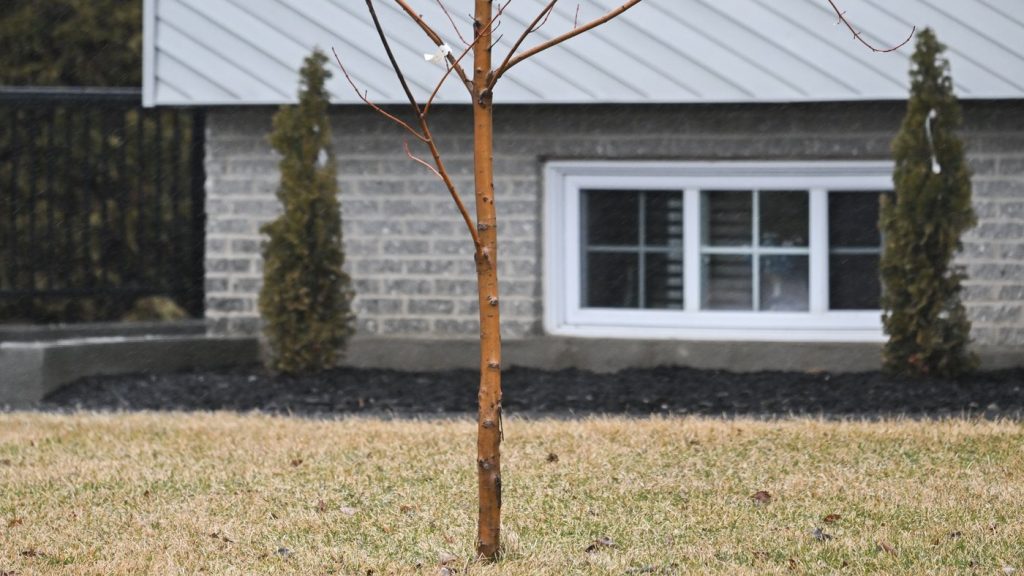Some Nova Scotians heading to Maine for Lyme disease treatments
Posted Sep 12, 2018 05:52:00 PM.
This article is more than 5 years old.
A doctor in Maine says he's seeing an influx of patients from the Maritimes.
Dr. Richard Dubocq, who practices in Albion — about a two-and-a-half hour drive from the border crossing at Saint Stephen, N.B. — specializes in the treatment of Lyme disease.
He told NEWS 95.7's The Rick Howe Show Nova Scotia follows treatment guidelines from the Infectious Diseases Society of America (IDSA), while he follows the International Lyme and Associated Diseases Society (ILADS) recommendations.
The ILADS method is not widely accepted in the North American medical community.
“They have different perspectives on the diagnosis and management of Lyme and my experience has been the ILADS guidelines have been far superior,” he said.
Dubocq said the main difference between the two is the IDSA method involves a 30-day maximum antibiotic treatment for Lyme, followed by medications for symptoms like pain and fatigue.
“The ILADS method is you use long-term antibiotics and these symptoms that they've been told are permanent can actually be resolved.”
He said treating the infection for a minimum of a year with multiple antibiotics has resulted in a clear improvement in many of his patients.
Dubocq believes Lyme disease is under-reported and there are many people who aren't being correctly diagnosed.
The province's chief medical officer of health disagrees.
In an emailed statement to HalifaxToday.ca, Dr. Robert Strang said Nova Scotia's health care system is well equipped to deal with the growing number of Lyme disease cases.
“The Department of Health and Wellness has annual communication with family physicians, as well as periodic continuing education opportunities – all of which are based on internationally accepted, evidence-based approaches to the diagnosis and treatment of Lyme disease,” he said. “Laboratory testing for Lyme disease in Nova Scotia is based on these same internationally accepted, validated protocols.”
He said the current scientific and medical evidence doesn't support prolonged treatment for the disease, adding there's also a potential for harmful side effects from taking unnecessary antibiotics and other drugs for that length of time.
“Diagnostic protocols used by alternative care providers in the United States are not evidence-based and have a high rate of false positive tests,” Strang said.
“Relying on such protocols carries a significant risk of patients missing an opportunity for their symptoms to be appropriately diagnosed.”
With blacklegged ticks becoming more common in the province due to climate change, the number of Lyme disease cases in Nova Scotian is expected to rise.
Strang recommends taking preventative measures to avoid contact with ticks. He adds anyone who thinks they may have a tick-borne disease should seek out medical advice.
Those who choose to go to Maine should be warned it comes with a hefty financial bill.
Dubocq charges $600 U.S. for the initial appointment, which he says lasts a minimum of 3 hours.
Followup appointments are usually at least an hour and a half long and cost $400.
Medications are not included in those prices.








